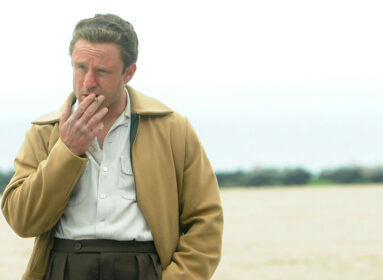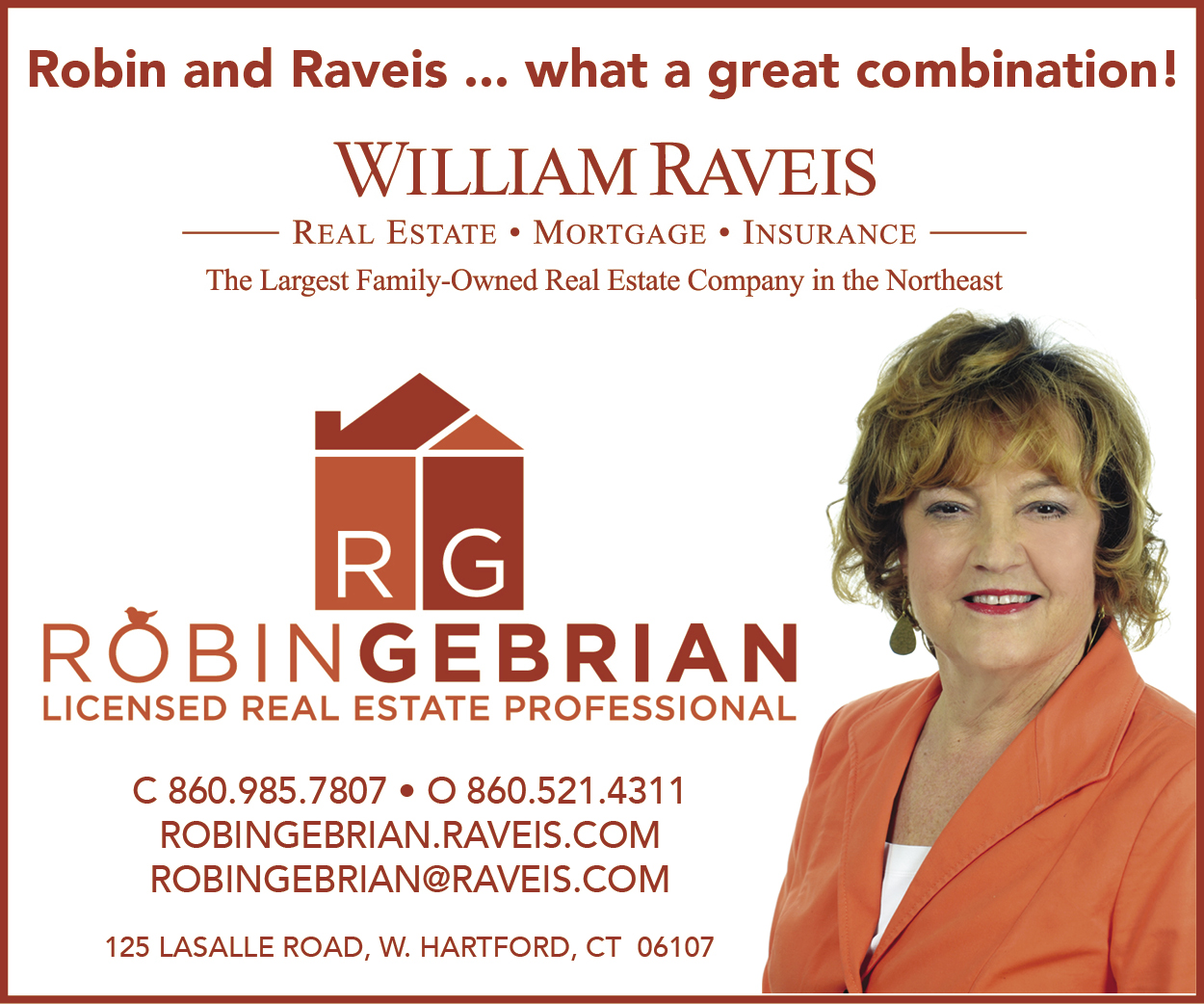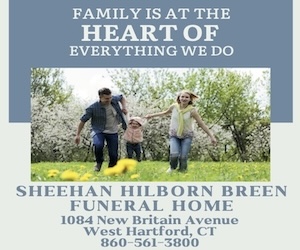
By Cindy Mindell
For every holiday, wedding, funeral, or birth of a child, families get together for what are supposed to be times of celebration or remembrance. But often, these gatherings create more stress and conflict than joy and connection. Los Angeles-based psychologist and author Leonard Felder tackled the phenomenon in his 2003 book, When Difficult Relatives Happen to Good People: Surviving Your Family and Keeping Your Sanity.
Felder will address the topic at the Fourth Annual Saul Cohen Jewish Family Service Lecture on Thursday, Nov. 5 in Stamford.
Felder is the author of 12 books on Jewish spirituality and personal growth, which have been translated into 14 languages and have sold more than one million copies. He has received several national awards. His most recent book is Here I Am: Using Jewish Spiritual Wisdom to Become More Present, Centered, and Available for Life.
Felder spoke with the Ledger about how ancient Jewish teachings can help mend and strengthen the modern family.
Q: Did your Jewish upbringing influence your work?
A: My family in Detroit included my father, who escaped from Germany – and lost most of his family who were on the St. Louis when it was turned away from U.S. shores and his relatives were sent back to Holland and then to Auschwitz – and my mother, who came from Polish and Russian Jews. She died of cancer when I was 14. So, at an early age, I was very interested in how Jewish wisdom deals with these issues of human cruelty and human fragility. I have always been curious about how Jewish teachings and Jewish personal growth methods often have a much deeper and more useful way of dealing with these same issues. As a therapist, I offer choices to each therapy client on whether he or she wants the secular version, the spiritual version, or the combined hybrid version of how to deal with daily stressors and family dilemmas.
Q: You wrote When Difficult Relatives Happen to Good People 12 years ago. Any new insights since then?
A: I have become a bit more empathetic toward those who are narcissistic, and who lack empathy just like a person with color-blindness lacks the ability to see certain colors. Most of us have someone in our family who is hurtful, self-absorbed, or bullyish because, in fact, this person is somewhat clueless about how to understand or interact with people in a caring way. What if those of us who have a lot of empathy stopped judging the narcissist and treated this individual as an injured soul who has a very short fuse and requires the kind of caring and insightful coaching that we would gladly give a four-year-old? I have found that many narcissists and insensitive relatives can be delightful at times if they are treated in a certain way. I still would not be willing to marry that person, hire that person to do childcare with my beloved son who has special needs, or elect that person to office, but I am willing to help that person find a way to get through a family get-togethers without making a fool of himself or herself, or without hurting anyone at the gathering.
Q: Is there anything particularly challenging about the dynamic of Jewish families regarding difficult relatives?
A: Most of the problems exist to some extent in all ethnic groups, but we Jews have some specific dilemmas that make it more intense at times. For example, right now there is a huge war going on in many families about how to discuss Israel, U.S. politics, or assimilation issues without going ballistic on each other. Quite often, I find that Jewish families in 2015 need help on how to love one another and be gentle with each other even when we see these highly-charged issues differently from one another.
Q: Do you draw on Jewish teachings to craft advice for dealing with difficult relatives?
A: I grew up going to both a traditional shul with my maternal grandpa and a very liberal temple with my immediate family. So, I was fortunate to learn not only the traditional teachings about how to create peace in the home and respect for one another, but also the progressive teachings on how to respect diversity and uniqueness within families. In addition, as an adult, I have enjoyed studying with many wonderful teachers, rabbis, and therapists who have been applying Jewish spiritual wisdom to everyday issues such as how to breathe and stay centered even when you’re around a difficult family member, or how to have a healthy balance between setting limits – gevurah – with a family member and being loving and kind – chesed – at the same time. There are numerous Jewish tools for how to be more balanced and healthy in your family relationships and work relationships, but sadly, most of us don’t get taught these things in religious school and so we need to learn them as adults.
Q: What types of human dynamics currently hold your fascination?
A: I am fascinated at how people rigidly hold onto a viewpoint even when there are lots of clues that our viewpoint is only a small part of the big picture and we need to bring in other points of view. In Judaism, especially in the Musar tradition of examining one’s own character, we are taught to always be open to the possibility that we don’t know the big picture, we need to treat others with the same good listening and curiosity that we would want from them, we need to admit at least once a year that our vows weren’t so accurate and our actions weren’t so perfect, and that we need all the various parts of klal Yisrael – the entire diversity of those who wrestle with God in different ways – in order to begin to have a glimpse of what might be going on. I am so glad that, right now in many settings, Jews of every degree of belief and non-belief can study together and celebrate life together. My goal is to help families learn how to appreciate and be loving toward all the members of the family, even those whose beliefs or non-beliefs make your skin crawl. That search for shalom – wholeness, completeness – is what each of my books has been exploring.
Dr. Leonard Felder will speak on Nov. 5, at the Ferguson Library, 1 Public Library Plaza, Stamford, hosted by Jewish Family Service of Stamford. Admission is free. For information: ctjfs.org / (203) 921-4161.
Dinner and drinks with Dr. Felder for Jewish Twenties & Thirties: Nov. 4, 7:30 PM, at a private home. For information: LSchechter@ctjfs.org.








 Southern New England Jewish Ledger
Southern New England Jewish Ledger









